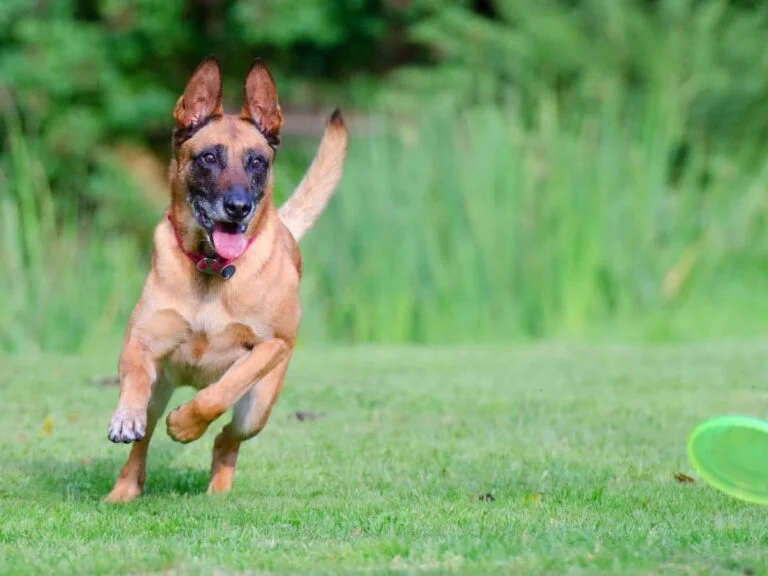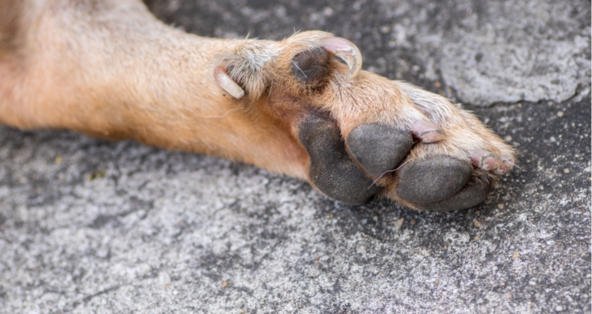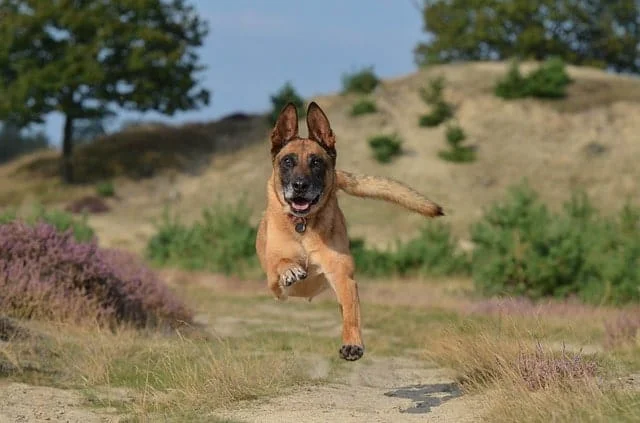Are Belgian Malinois Banned? Navigating the Regulations Surrounding This Noble Breed
Recognized globally for their agility, intelligence, and undying loyalty, the Belgian Malinois stands out as one of the most distinctive dog breeds. Their reputation, intertwined with their services in police and military roles, has often raised eyebrows and sparked questions about their temperament. Consequently, the essential question arises: Are Belgian Malinois banned in some areas? Let’s dissect the intricate layers behind this and uncover the actual status of this distinguished breed in different parts of the world.
The Meteoric Rise of the Belgian Malinois
To grasp the reasons behind potential restrictions, it’s crucial to understand the Belgian Malinois’s history and rise to global prominence.
Service in Armed Forces and Law Enforcement
Historically, the Belgian Malinois has been a favorite amongst various police units and armed forces around the world. Their remarkable obedience, keen senses, and quick learning capacity make them invaluable in these critical roles.
Demystifying the Central Concern: Are Belgian Malinois Truly Banned?
The direct response to this would be: not on a global scale. While some specific regions may have instituted restrictions or prerequisites for ownership, a universal ban remains non-existent.
Factors Leading to Possible Restrictions
Several factors might influence regional decisions on the ownership of the breed:
- Perceived Aggressiveness: Their rigorous training in police and military roles sometimes creates a misguided belief about their inherent aggression.
- Unbridled Energy: Their natural vivacity, if not correctly channeled, can be misconstrued as aggressive or unruly behavior.
- Isolated Negative Experiences: Occasional incidents involving Malinois might catalyze undue fear or reservations about the breed.
Legal Scenarios Across Different Geographies
The acceptance and treatment of the Belgian Malinois breed show significant variation across countries, with each region having its unique set of regulations.
Key Jurisdictions with Recognized Restrictions
A glimpse into some jurisdictions reveals a mix of outright bans, conditional ownerships, and relaxed norms:
- United States: While most states have a relaxed stance, certain municipalities may enforce breed-specific laws targeting the Belgian Malinois.
- Europe: Some European nations, such as Denmark, have stringent regulations governing the ownership of breeds perceived as powerful, which may include the Malinois.
- Australia: In regions like Queensland, Belgian Malinois owners must adhere to specific conditions and ensure the dogs meet certain criteria.
Ensuring Responsible Ownership of Belgian Malinois
Being proactive and well-informed is key to enjoying a harmonious relationship with a Belgian Malinois and staying on the right side of the law.
Staying Updated with Local Legislation
Always keep abreast of regional laws concerning Belgian Malinois. Being informed helps in ensuring compliance and advocating for the breed when required.
Investing in Proper Training
Given their distinct personality and needs, Belgian Malinois benefit immensely from structured professional training. Whether you’re a first-time owner or a seasoned dog enthusiast, understanding the nuances of training this breed is crucial.
Consistent Exercise and Cognitive Engagement
A mentally stimulated Malinois is a happy Malinois. Regularly engage them in physical and cognitive activities. This not only channels their energy positively but also fosters a deeper bond.
Frequently Asked Queries About Belgian Malinois
1. What gives rise to the perception of Belgian Malinois being aggressive?
Their association with demanding roles in the police and military sectors, requiring a certain level of aggression, often spills over to general opinions. However, with the right upbringing and environment, they are as amiable as any other breed.
2. Is a Belgian Malinois suitable as a family pet?
Absolutely. With early socialization and consistent training, they can be affectionate and protective companions, making them great family pets.
3. What challenges might one face while adopting a Belgian Malinois?
Adopting a Malinois might involve more rigorous background checks and scrutiny due to the breed’s unique requirements. However, a well-informed prospective owner shouldn’t face insurmountable obstacles.
Concluding Remarks: Appreciating the Belgian Malinois Beyond Stereotypes
Reflecting on the core question, “Are Belgian Malinois banned?”, it’s evident that while certain regional challenges exist, these are more rooted in misunderstandings than the breed’s inherent nature. Embracing knowledge, advocacy, and responsible ownership practices will not only debunk myths surrounding the Malinois but also ensure their esteemed position in the global canine community remains unchallenged.








